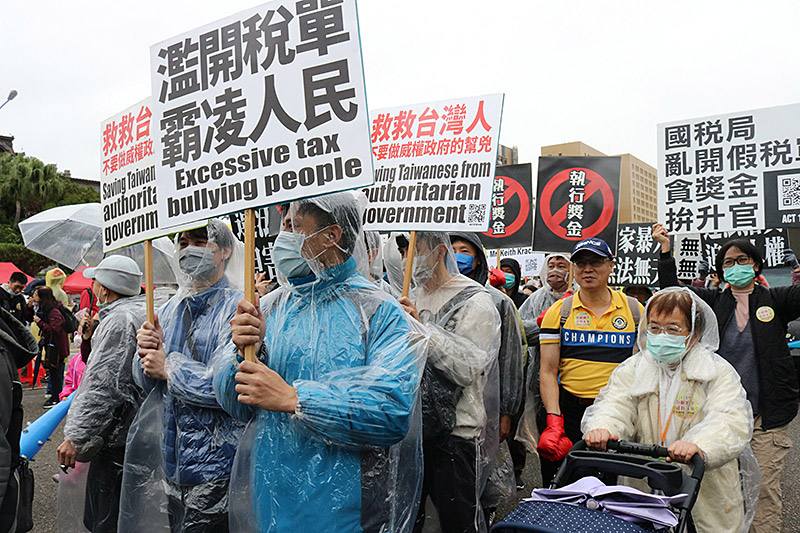Drug-Resistant TB Threatens Europe
In wealthy regions of the world like Western Europe, the infectious disease tuberculosis often has been seen as a health problem of the past - a deadly bacterial illness, but one that can be cured with antibiotic treatment. Now health experts say drug-resistant tuberculosis is on the rise: the numbers in Britain increased by 25 percent last year, and in Eastern Europe about one-third of all new TB cases are resistant to the key front-line drugs.

The Olallo Project in Central London was set up to help homeless people from Central and Eastern Europe get back on their feet by helping them find a place to live and get a job.
The charity has evolved, though, to serve another pressing need - tackling tuberculosis among Britain’s migrant community.
Tough medicine
Rimgaudas Planecinas from Lithuania has just finished an extended 18-month treatment to fight multi-drug-resistant TB, or MDR-TB. He found it difficult to describe the experience. Planecinas said the treatment made him unwell and affected his vision. He said he still suffers, even now that the treatment has ended.
He said he has trouble with breathing and weakness. He still feels weak, he said.
In 2011, more than 400 cases of drug-resistant TB were reported in Britain. Compared to other parts of the world, it may not sound like a lot, but it was a 26 percent rise from the previous year.
David Barratt, manager of the Olallo Project, said TB seems to become tougher to beat every year.
“For the last few years the prevalence of multi-drug-resistance cases has been growing. We opened up the service just over a year ago now, initially expecting it to be for clients with normal TB looking for six months treatment," said Barratt. "And out of 14 referrals, 13 of them have had multi-drug-resistant TB.”
Person-to-person transmission
Some of Britain’s drug-resistant TB cases can be traced to the eastern half of the continent, where the world’s highest rates are found. TB normally becomes resistant to drugs when an antibiotics course is interrupted. But tests from Eastern Europe show that resistant forms of the disease now are being transmitted directly from person to person.
Ibrahim Abubakar is an expert on Tuberculosis from University College London.
“We think about one-third of people who have never been treated with antibiotics now have MDR-TB in those places [Eastern Europe]. And that is very worrying because it means that those people actually acquired MDR-TB from others, not because they used the drugs wrongly,” said Abubakar.
New technology is helping health experts identify drug-resistant TB more quickly in high-risk regions, like in South Africa, which along with Russia, India and China, accounts for two-thirds of drug resistant cases.
Lack of funding
Improved technologies and new drugs are in the pipeline, but Abubakar said there is not enough funding to stay ahead of the disease.
The World Health Organization said this month it has a $1.6-billion gap in funding for the treatment and prevention of TB. More than half of that is earmarked for sub-Saharan Africa.
“I think that we are far behind where we ought to be," said Abubakar. "Further investment would be necessary if we are going to tackle the worsening situation - especially if we are going to tackle multi- and extensively-drug-resistant TB.”
Without rapid advances, he said, TB could become incurable.
Source: Voice of America
- 348 reads




